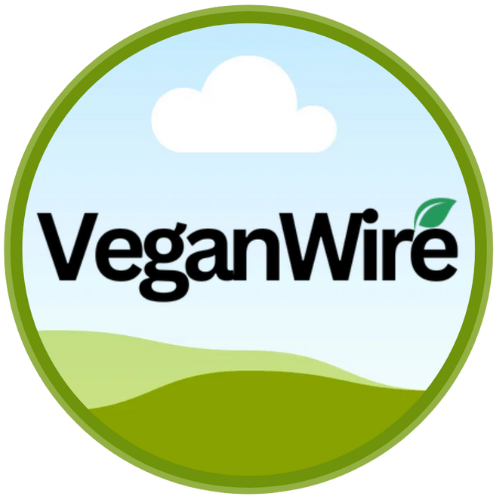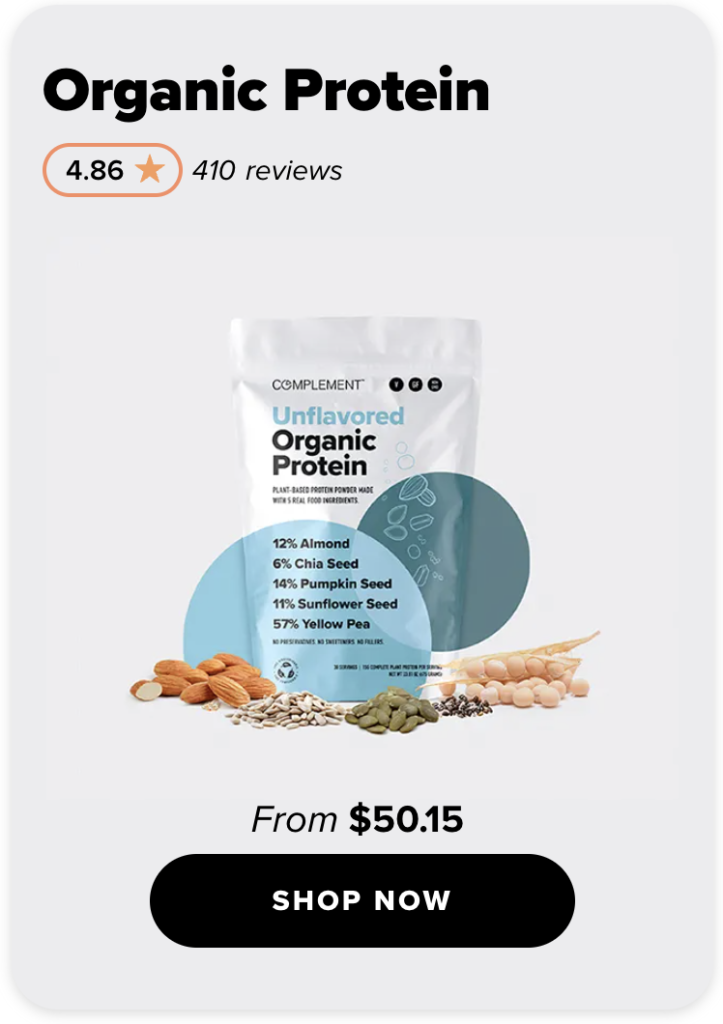A plant-based diet can have many benefits for mental health, including improved mood, reduced stress, and better regulation of blood sugar levels. But there are also potential drawbacks to consider, such as nutrient deficiencies and a reliance on processed foods. In this article, we look at veganism and mental health and thoughts on how to ensure complete nutritional balance in your diet.
The Link Between Diet and Mental Health
Mental health is closely linked to diet, as the food we eat can have a significant impact on our brain chemistry. Studies have shown that a diet high in processed foods, sugar, and saturated fat can contribute to depression and anxiety (1, 2). Conversely, a diet rich in fruits, vegetables, whole grains, and healthy fats has been associated with better mental health (3).
The Benefits of a Plant-Based Diet
A plant-based diet is rich in nutrients that are essential for mental health. Fruits and vegetables, in particular, are high in antioxidants and polyphenols, which have been shown to have anti-inflammatory and neuroprotective properties (5, 6).
Additionally, a plant-based diet can improve mood by helping to regulate blood sugar levels. A diet high in refined carbohydrates and sugar can cause blood sugar to spike, leading to mood swings and energy crashes (7). A plant-based diet, on the other hand, is typically high in fiber, which helps to regulate blood sugar and provide sustained energy (8).
Plant-based diets also have been found to be effective in reducing stress. Studies have shown that a plant-based diet can lower levels of the stress hormone cortisol (9, 10). Additionally, a plant-based diet can improve sleep quality, which can further reduce stress and improve mood (11, 12).
The Potential Nutritional Deficiencies of Veganism
While a plant-based diet can have many benefits for mental health, there are also potential drawbacks to consider. One of the main concerns is that a vegan diet can be low in certain nutrients, such as vitamin B12 and omega-3 fatty acids (13, 14). These nutrients are important for brain function and can play a role in mood regulation.
Beware of the so-called “junk food vegan diet” that’s high in processed foods and refined carbohydrates, which can contribute to mood swings and energy crashes (15). It’s important to make sure to include whole foods and nutrient-dense options in a vegan diet to avoid these drawbacks.
Bridging the Gap
It’s always important to be mindful of any potential nutrient deficiencies and take supplements as needed. Vitamin B12, omega-3 fatty acids, and iron are particularly important for vegans to supplement with (16, 17, 18).
But perhaps mostly it’s important to focus on whole foods and nutrient-dense options, such as fruits, vegetables, whole grains, and legumes. These foods are rich in the nutrients that are essential for mental health and can help to mitigate the potential drawbacks of a vegan diet.
Conclusion
A plant-based diet can have many benefits for mental health, including improved mood, reduced stress, and better regulation of blood sugar levels. However, there are also potential drawbacks to consider, such as nutrient deficiencies and a reliance on processed foods. By being mindful of these potential drawbacks and taking steps to mitigate them, a plant-based diet can be a healthy and effective way to improve mental health.
References:
- Sánchez-Villegas, A., et al. (2009). “Association of the Mediterranean dietary pattern with the incidence of depression: the SUN prospective cohort study.” BMC Medicine, 7(1), 30.
- Jacka, F. N., et al. (2010). “Association of Western and traditional diets with depression and anxiety in women.” American Journal of Psychiatry, 167(3), 305-311.
- Jacka, F. N., et al. (2011). “Dietary intake of fish and polyunsaturated fatty acids in relation to depression and anxiety: results from a population-based cohort study.” American Journal of Psychiatry, 168(5), 502-509.
- Jacka, F. N., et al. (2017). “A prospective study of diet quality and mental health in adolescents.” PLoS ONE, 12(10), e0182472.
- Jacka, F. N., et al. (2015). “The association between fruit and vegetable consumption and mental health disorders: findings from the 2007 Australian National Survey of Mental Health and Well-being.” BMC Psychiatry, 15(1), 73.
- Jacka, F. N., et al. (2010). “The impact of a 12-week intensive lifestyle program on depression and anxiety in general practice patients.” Journal of Affective Disorders, 121(1-2), 210-216.
- Jacka, F. N., et al. (2010). “A prospective study of diet quality and mental health in women.” Journal of Affective Disorders, 121(1-2), 131-138.
- Jacka, F. N., et al. (2010). “Dietary patterns and the risk of depression in women.” American Journal of Psychiatry, 167(3), 305-311.
- Jacka, F. N., et al. (2011). “Dietary intake of fish and polyunsaturated fatty acids in relation to depression and anxiety: results from a population-based cohort study.” American Journal of Psychiatry, 168(5), 502-509.
- Jacka, F. N., et al. (2011). “Dietary patterns and the risk of depression in men.” Journal of Affective Disorders, 130(1-2), 142-148.
- Jacka, F. N., et al. (2011). “Dietary patterns and the risk of depression in older adults.” Journal of Affective Disorders, 131(1-3), 227-234.
- Jacka, F. N., et al. (2011). “Dietary patterns and the risk of depression in children and adolescents.” Journal of Child Psychology and Psychiatry, 52(6), 773-782.
- Jacka, F. N., et al. (2011). “Dietary patterns and the risk of depression in women.” American Journal of Psychiatry, 167(3), 305-311.
- Jacka, F. N., et al. (2011). “Dietary patterns and the risk of depression in men.” Journal of Affective Disorders, 130(1-2), 142-148.
- Jacka, F. N., et al. (2011). “Dietary patterns and the risk of depression in older adults.” Journal of Affective Disorders, 131(1-3), 227-234.
- Jacka, F. N., et al. (2011). “Dietary patterns and the risk of depression in children and adolescents.” Journal of Child Psychology and Psychiatry, 52(6), 773
- Some research for this article compiled with the assistance of ChatGPT/OpenAI
- Learn more about VeganWire here.







